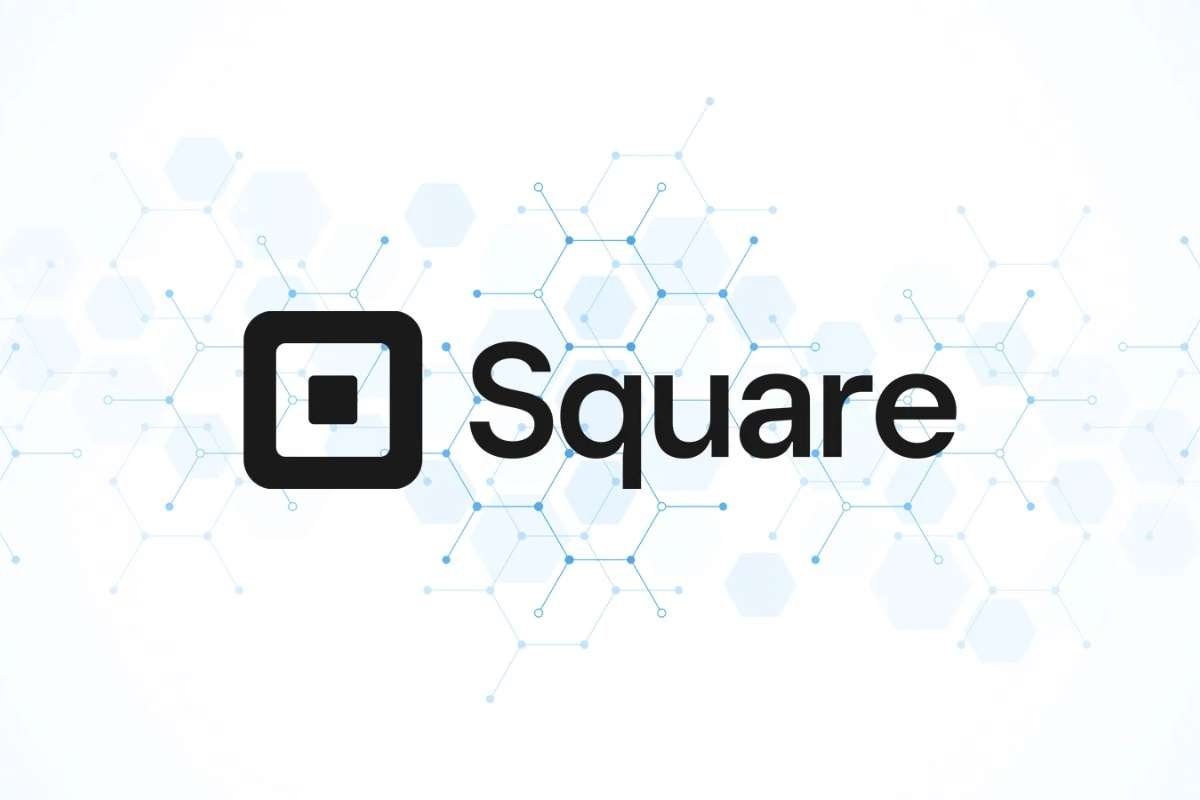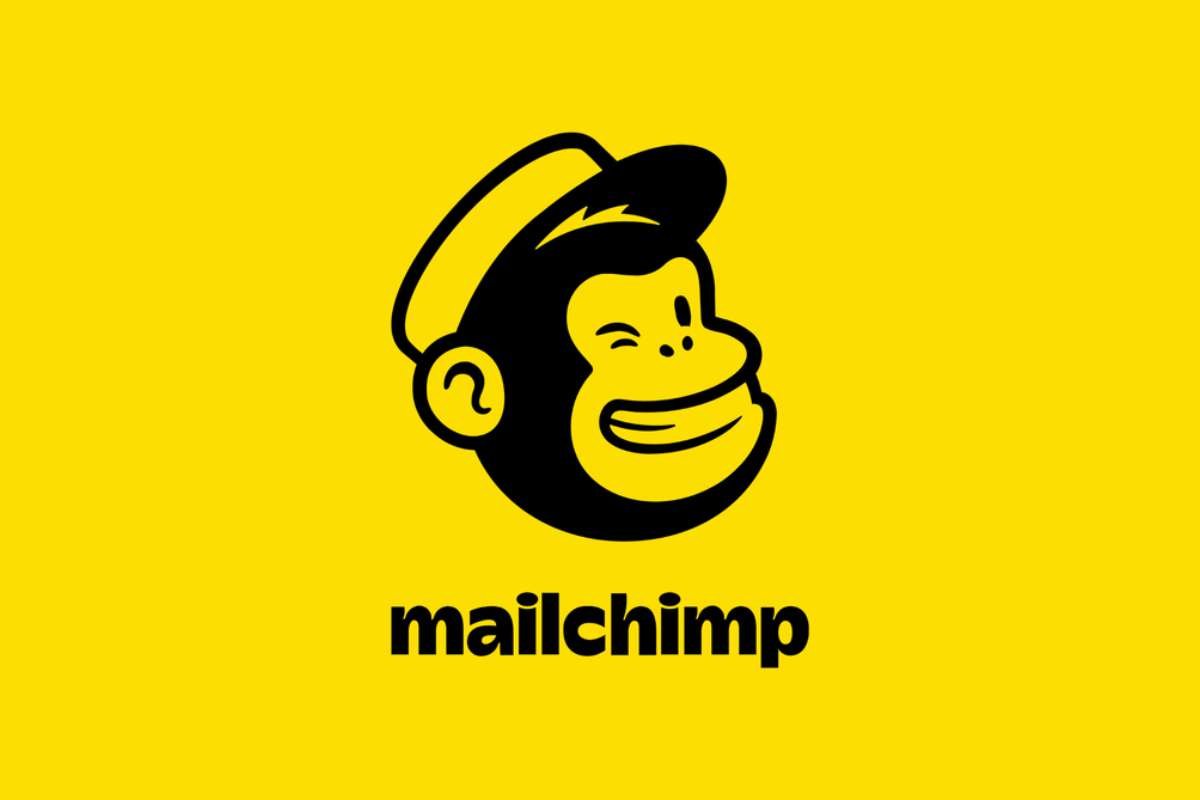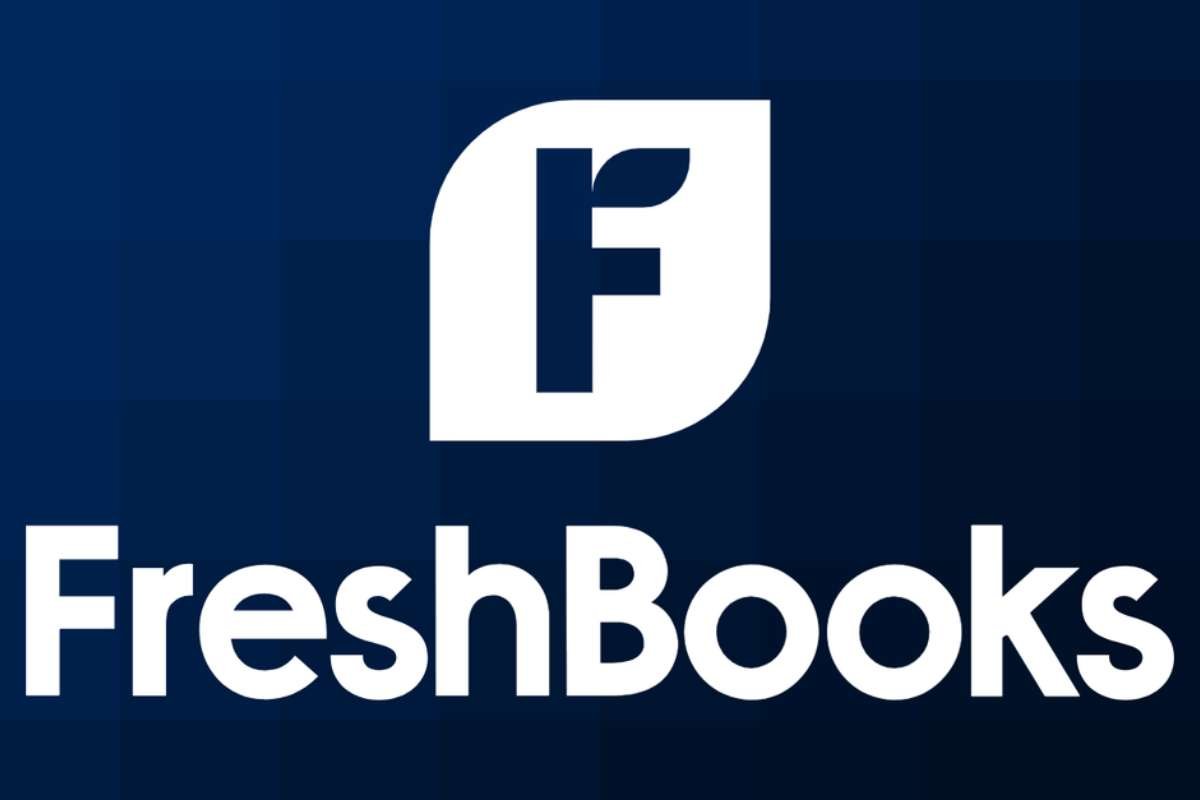Best Apps for Small Businesses: Top Tools to Streamline Your Operations
Best Apps for Small Businesses: Top Tools to Streamline Your Operations
Blog Article
Best Apps for Small Businesses: Top Tools to Streamline Your Operations

- Source: talkroute.com
In today’s lightning-fast digital economy, small businesses need every edge to stay competitive, agile, and efficient. Whether you’re a solo entrepreneur, a remote team, or a growing startup, the right technological tools can be a game-changer for your productivity and bottom line. This is precisely where the best apps for small businesses become indispensable.
Think about simplifying complex tasks, automating boring routines, and freeing yourself to focus on what truly drives growth; that’s the power these apps offer. From streamlining your finances to enhancing customer communication, these innovative solutions can completely transform how you run your business, making daily operations smoother and more strategic.
The Best Apps to Keep Your Small Business Organized
1. copyright: Best for Accounting and Bookkeeping
copyright by Intuit is one of the most popular accounting apps for small businesses. It offers a wide array of features, including invoicing, expense tracking, payroll, and tax calculation. The intuitive dashboard makes it easy to understand your financial health at a glance.
Key Features:
- Automatic expense categorization
- Bank integration
- Customizable invoicing
- Payroll services (in higher-tier plans)
Why It’s Great for Small Businesses:
copyright helps business owners save hours on bookkeeping and ensures financial accuracy, which is crucial when tax season arrives.
2. Trello: Best for Project Management
Trello is a flexible, user-friendly project management app that uses boards, lists, and cards to help teams stay organized. Whether you’re planning a marketing campaign or managing client deliverables, Trello makes collaboration easy.
Key Features:
- Visual task boards
- Drag-and-drop interface
- Team collaboration tools
- Integration with Slack, Google Drive, and more
Why It’s Great for Small Businesses:
Trello’s simplicity makes it ideal for teams that don’t want to be bogged down by complex project management systems.
3. Slack: Best for Team Communication
For many small businesses operating in hybrid or remote environments, Slack has become the go-to communication platform. It replaces messy email threads with organized chat channels, direct messaging, and file sharing.
Key Features:
- Real-time messaging
- Threaded conversations
- Voice and video calls
- Third-party app integrations
Why It’s Great for Small Businesses:
Slack reduces the friction of daily communication and improves team responsiveness, essential for time-sensitive tasks.
4. Square: Best for Point-of-Sale (POS) and Payments

Key Features:
- Mobile card readers
- Invoicing and recurring payments
- Inventory management
- Sales reporting
Why It’s Great for Small Businesses:
With no monthly fees and a user-friendly interface, Square is ideal for startups and businesses just entering the retail space.
5. Canva: Best for Design and Marketing Materials
Canva is a graphic design platform that makes it easy for non-designers to create professional visuals. From social media posts to brochures and business cards, Canva provides ready-made templates and drag-and-drop functionality.
Key Features:
- Thousands of design templates
- Brand kit for consistency
- Drag-and-drop editor
- Team collaboration
Why It’s Great for Small Businesses:
It allows you to maintain a polished brand image without hiring a full-time designer.
6. Zoom: Best for Virtual Meetings
Zoom has become synonymous with video conferencing. It’s reliable, scalable, and comes with essential features for running webinars, virtual meetings, and remote interviews.
Key Features:
- HD video and audio
- Screen sharing
- Webinar hosting
- Recording capabilities
Why It’s Great for Small Businesses:
Zoom bridges geographical gaps and enables face-to-face communication with clients, team members, and vendors from anywhere in the world.
7. Mailchimp: Best for Email Marketing

Key Features:
- Email campaign templates
- Marketing automation
- Audience segmentation
- Real-time analytics
Why It’s Great for Small Businesses:
Mailchimp empowers small businesses to engage with customers and drive sales without needing advanced marketing knowledge.
8. Notion: Best for All-in-One Workspace
Notion is an all-in-one workspace where you can write, plan, collaborate, and organize everything. It combines note-taking, database management, project tracking, and wikis into one powerful platform.
Key Features:
- Customizable templates
- Integrated task lists and databases
- Team collaboration tools
- Knowledge base creation
Why It’s Great for Small Businesses:
Notion eliminates the need for multiple tools by consolidating work into a single, cohesive platform.
More like this: 3 Apps You Need If You Do A Lot Of Work On Your Phone
9. Asana: Best for Workflow Automation
If your business needs advanced task and workflow management, Asana is a top choice. It’s ideal for managing multi-step projects across different teams.
Key Features:
- Project timelines and Gantt charts
- Workflow automation
- Goal tracking
- Integration with over 200 tools
Why It’s Great for Small Businesses:
Asana boosts productivity by helping teams stay aligned and on schedule.
10. FreshBooks: Best for Invoicing and Time Tracking

Key Features:
- Automated invoicing
- Time tracking and project billing
- Expense categorization
- Financial reporting
Why It’s Great for Small Businesses:
FreshBooks provides a clean, intuitive interface with just the right tools for small teams and solo entrepreneurs.
How to Choose the Best Apps for Small Businesses?
Selecting the best apps for small businesses depends on your industry, business model, and specific needs. Here are some key considerations:
- Budget: Many apps offer free tiers, but assess what’s included and when you might need to upgrade.
- Scalability: Choose apps that can grow with your business without requiring a complete overhaul.
- Ease of Use: Apps should simplify your life, not complicate it. Look for intuitive user interfaces.
- Customer Support: Reliable customer service can make or break your experience with any software.
- Integration: Ensure the apps you choose can integrate smoothly with the rest of your tech stack.
Conclusion:
Technology has revolutionized the game for entrepreneurs! Now, small businesses can run with the same efficiency as much larger organizations. By leveraging the best apps for small businesses, you can put repetitive tasks on autopilot, supercharge communication, boost sales, and scale your operations with ease.
In today’s fiercely competitive landscape, having the right digital tools isn’t just smart; it’s crucial. To truly thrive, you need to identify the best apps for small businesses that fit your unique needs. Take a good look at your current workflows, pinpoint areas where you can improve, and start integrating apps that align perfectly with your business goals today. What are you waiting for?